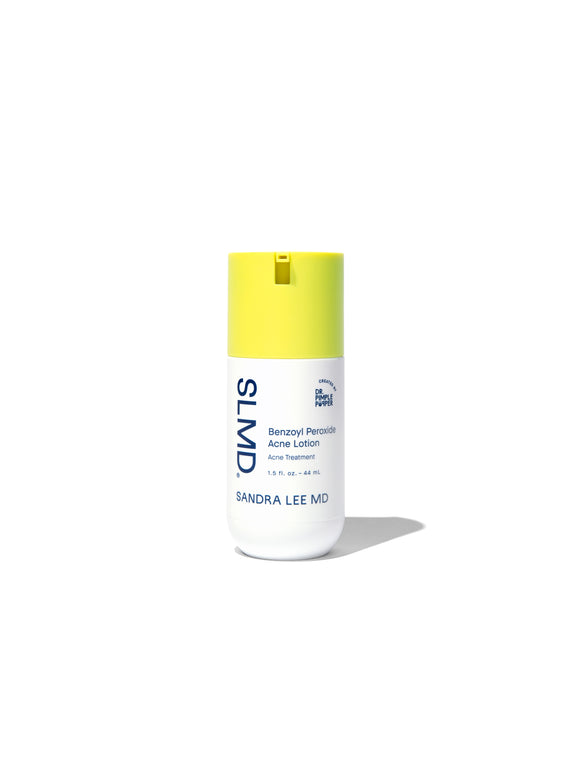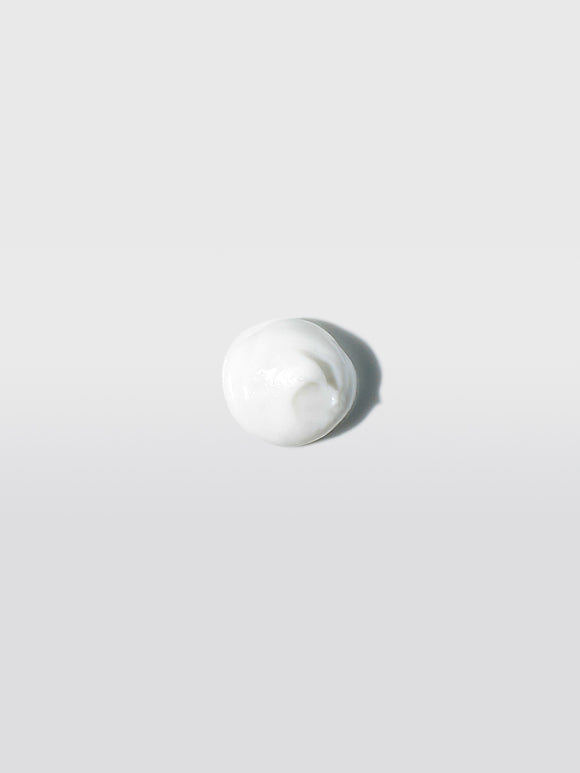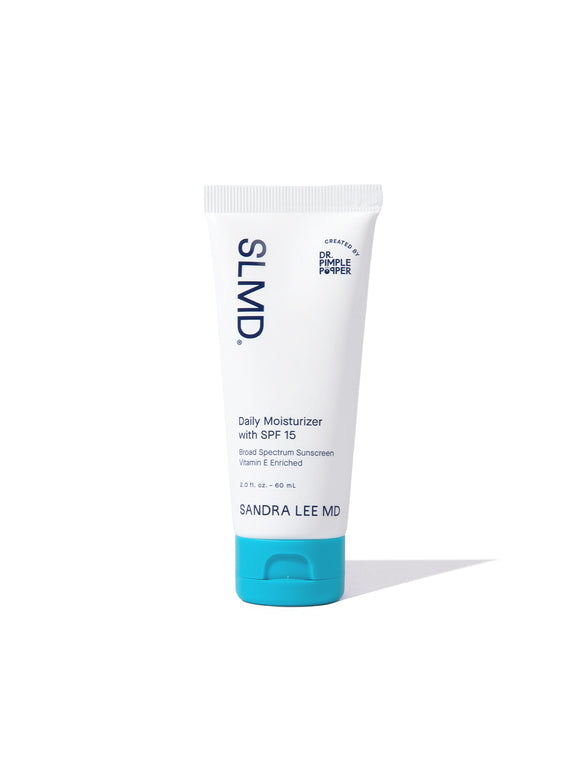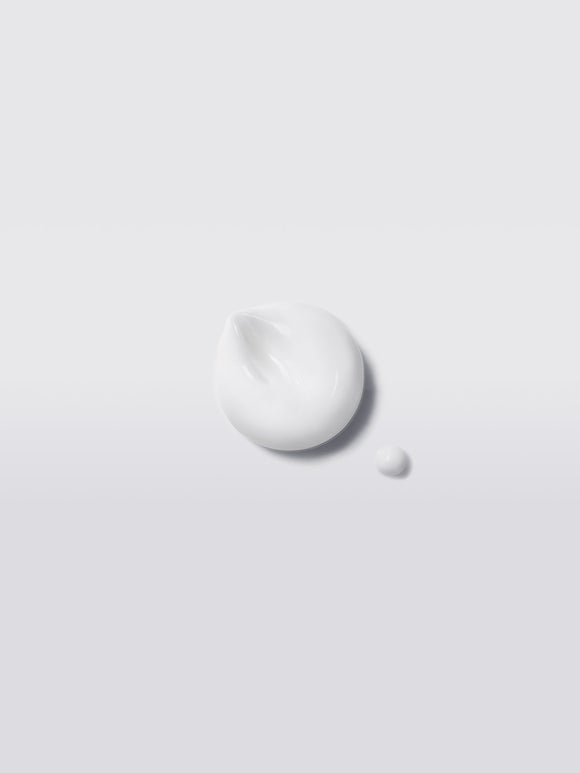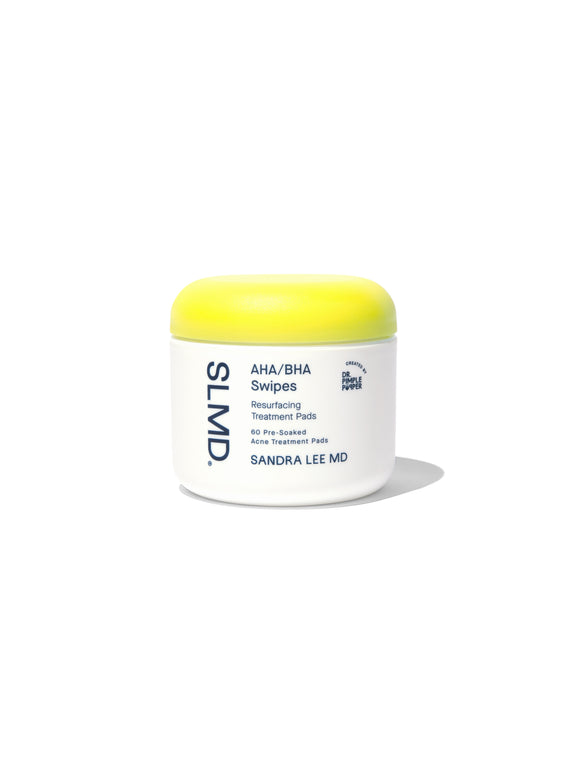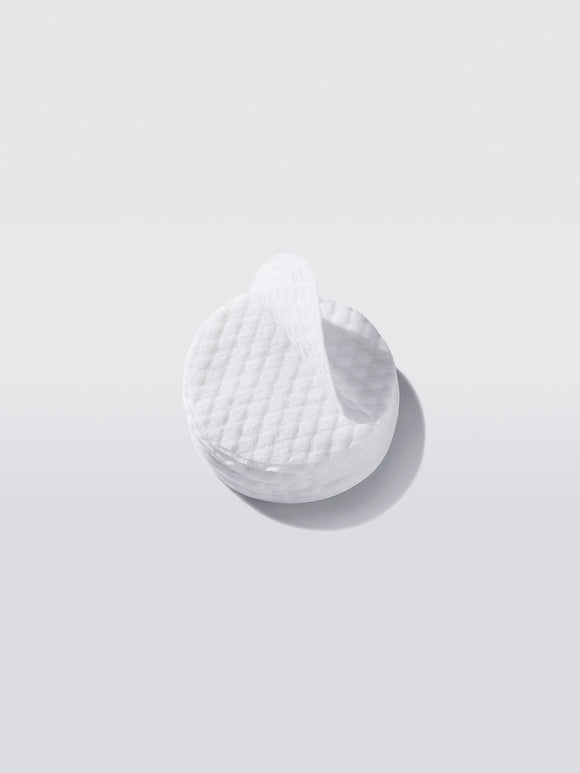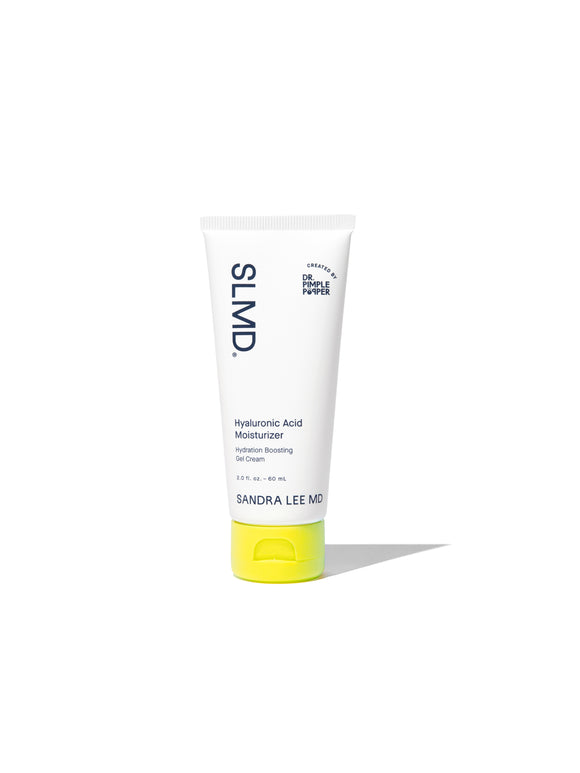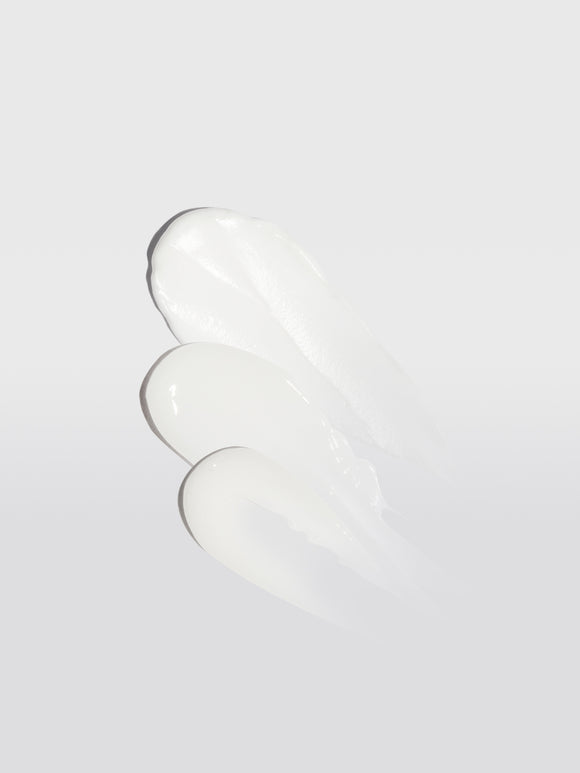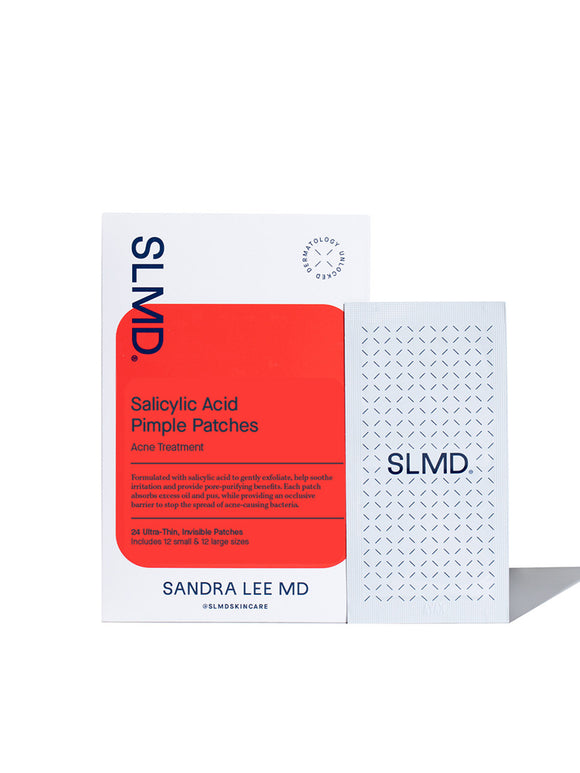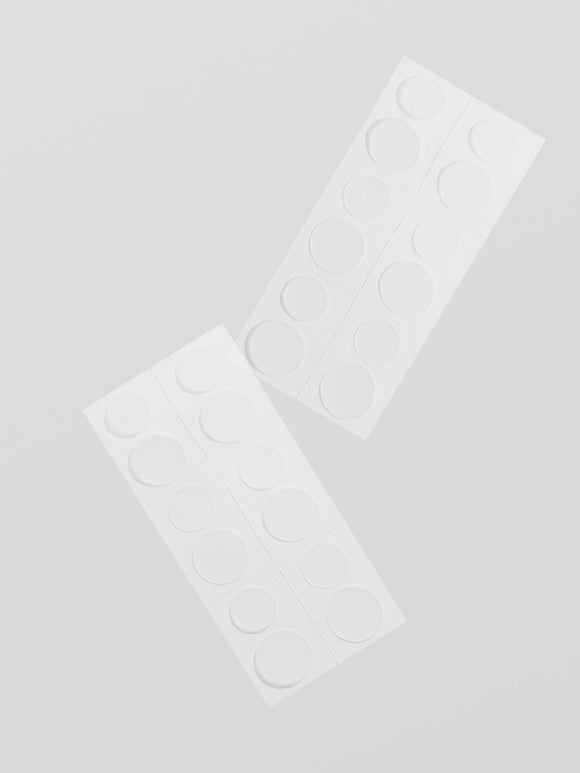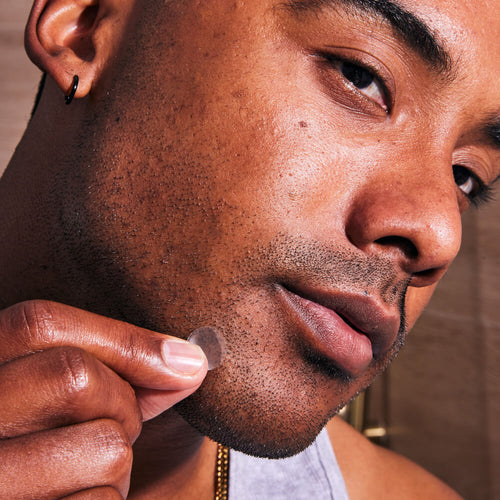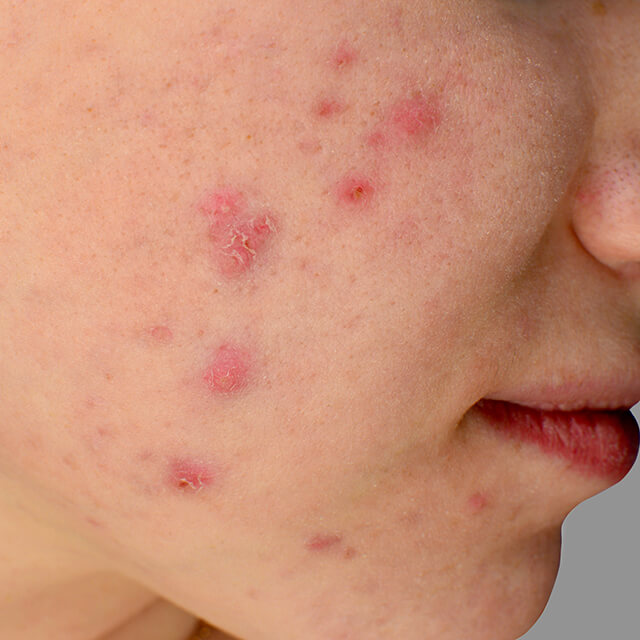
How to Treat and Prevent Cystic Acne
Managing this severe type of inflammatory acne can be challenging — here are Dr. Pimple Popper's best tips.
Published:
6 minute read
If you’ve got tender, inflamed pimples rooted deep underneath the surface of your skin, chances are you have cystic acne. This type of inflammatory pimple is one of the most severe, with the potential to cause long-term scarring. Acne cysts can be chronic or infrequent, and may or may not eventually emerge at the skin’s surface.
In order to learn more about why cystic acne develops — and how to treat it effectively — we talked to the expert: Sandra Lee, MD, aka Dr. Pimple Popper.
Article Quick Links
What is cystic acne?
Cystic acne is a severe form of inflammatory acne characterized by deep, painful lesions that form beneath the skin's surface. It occurs when bacteria, sebum, and dead skin cells become trapped within the hair follicles, leading to inflammation and the formation of cysts.
Causes of cystic acne
All acne begins when pores clog with excess oil and dead skin cells, providing a breeding ground for acne bacteria normally present on the skin’s surface. The severity of inflammatory acne depends on a combination of factors including:
- Hormones
- Genetics
- Immune response
- Lifestyle
- Environment
What does cystic acne look like?
Acne cysts resemble the more common papules and pustules, though they’re deeper beneath the skin’s surface. Here are the main characteristics of cystic acne:
- Deep, pus-filled bump beneath skin
- Pea to dime-sized or even larger
- Painful to the touch
- Skin may be red or discolored
- May or may not have a white head
Cystic acne myths vs. reality
There are many misconceptions about cystic acne. Here are a few common myths and the truths behind them:
- Myth: Cystic acne is caused by poor hygiene.
- Truth: Cystic acne is not a result of poor hygiene. Over-washing or using harsh cleansers can actually irritate the skin and exacerbate acne.
- Myth: Only teenagers get cystic acne.
- Truth: While common during adolescence, cystic acne can occur at any age, affecting adults in their 20s, 30s, and beyond.
- Myth: Eating greasy food causes cystic acne.
- Truth: There is no direct link between eating greasy food and developing cystic acne. However, a diet high in processed foods and sugars can contribute to inflammation and acne flare-ups.
Effective cystic acne treatment options
Over-the-counter treatments
Maintaining a consistent skincare routine is crucial for treating cystic acne. This includes:
- Beta hydroxy acid: Exfoliate and clear pores with products containing salicylic acid. Try: SLMD Salicylic Acid Cleanser.
- Retinol: Reduce skin cell buildup with this vitamin A derivative. Try: SLMD Retinol Resurfacing Serum.
- Benzoyl peroxide: Use this antibacterial ingredient to keep breakouts in check. Try: SLMD Benzoyl Peroxide Acne Lotion.
- Sulfur: Try this natural antimicrobial if you're sensitive to benzoyl peroxide.
Pro tip: Take the guesswork out of managing acne with an all-in-one kit. Dr. Lee recommends her easy-to-follow SLMD Acne System, a 3-step, twice-a-day routine that uses clinically-proven ingredients.
Prescription medications
For moderate to severe cystic acne, over-the-counter treatments might not be sufficient. For chronic cystic acne, dermatologists can prescribe:
- Antibiotics: Topical or oral antibiotics (like erythromycin, clindamycin, or doxycycline) to reduce bacteria and inflammation.
- Retinoids: Stronger formulations like tretinoin or oral isotretinoin (aka Accutane) to manage severe cases.
- Oral contraceptives: For women, birth control pills can help regulate hormones and reduce acne symptoms.
Dr. Pimple Popper's Cystic Acne Picks
How to get rid of an acne cyst
News flash: you should never pick or pop an acne cyst — even when they have that oh-so-tempting white head on them. These types of pimples are full of fluid, including bacteria and pus, that will just spread and create more acne. Irritating a pimple also encourages hyperpigmentation or even permanent scarring. Instead, try one of these methods to speed up the healing process:
- Spot treatment: look for maximum-strength benzoyl peroxide to help kill acne-causing bacteria. As the pimple heals, you can apply salicylic acid to reduce post-acne dark marks. Try: SLMD BP Acne Spot Treatment, SA Acne Spot Treatment, Salicylic Acid Pimple Patches.
- Warm compress: apply a warm (not hot!) washcloth to the cyst for about 10 minutes, several times a day. The theory is that gentle heat helps loosen the pus inside the cyst so that it can be better expelled by the lymphatic system.
- Cortisone shot: If you’ve got access to a dermatologist, this is perhaps the quickest and most effective way to shrink an acne cyst. The medication is injected directly into the pimple to reduce inflammation. It’s ideal for treating pimples that pop up right before big events.
Skincare routine for cystic acne
A consistent skincare routine is vital for managing cystic acne. Dr. Lee recommends an acne-targeting regimen that includes cleansing, treating, moisturizing twice daily. Incorporate the highest-quality formulas you can find, focusing on the OTC ingredients listed above (salicylic acid, benzoyl peroxide, retinol). Spot treat individual cysts with higher concentrations of antibacterial benzoyl peroxide.
Pro tip: Use benzoyl peroxide in the morning and retinol at night to avoid potentially negative interactions.
Dr. Pimple Popper’s cystic acne do’s and don’ts
- DO Use gentle cleansers: Use a mild, non-comedogenic cleanser to remove excess oil, dirt, and bacteria without stripping the skin of its natural moisture.
- DON’T Over-wash your face: Cleansing your face too frequently can strip the skin of natural oils, causing irritation and increased oil production.
- DO Apply topical treatments: Use acne-fighting ingredients such as salicylic acid, benzoyl peroxide, and retinoids to exfoliate, reduce bacteria, and prevent clogged pores.
- DON’T Use too many products: Keep your regimen to 2–3 active ingredients at once to avoid irritating your skin; try adding new products one at a time if you have sensitive skin.
- DO Moisturize regularly: Hydration is essential, even for oily or acne-prone skin; choose products specifically formulated for oily/acne-prone skin.
- DON’T Use harsh or abrasive scrubs: Avoid using physical exfoliants or abrasive scrubs that can irritate the skin and worsen acne by compromising the skin barrier.
- DO Wear sunscreen: Protect your skin from UV damage by using a lightweight sunscreen daily to prevent hyperpigmentation and further skin damage.
- DON’T Pick or pop pimples: Picking, squeezing or popping deep acne lesions can lead to more inflammation, infection, and scarring.
How to prevent cystic acne
Preventing cystic acne involves adopting healthy habits to keep your pores clear and skin healthy. Here are some of Dr. Lee’s key strategies:
- Stick to a consistent acne routine: Cleanse daily, use chemical exfoliants and acne treatments regularly, and hydrate your skin with a lightweight, oil-free moisturizer to maintain a healthy skin barrier without clogging pores.
- Use products formulated for acne-prone skin: Choose skincare and makeup products labeled as lightweight, non-comedogenic, or for acne-prone skin, which means they are less likely to clog pores.
- Change pillowcases and towels frequently: Wash your linens often to remove bacteria and oil that can accumulate and transfer to your skin.
- Avoid touching your face: Reduce the transfer of oil, dirt, and bacteria by keeping your hands away from your face.
- Manage stress: High stress levels can lead to hormonal imbalances that may trigger acne breakouts. Practice stress-reducing activities like yoga, meditation, or regular exercise.
- Maintain a healthy diet: Eat a balanced diet rich in whole foods and avoid excessive processed foods and sugars to lower inflammation.
When to see a dermatologist for cystic acne
If over-the-counter treatments are not effective after several months, or if you experience scarring, it’s time to consult a dermatologist. Professional guidance is crucial for managing persistent cystic acne. A dermatologist can prescribe stronger medications and develop a tailored treatment plan to manage and prevent future breakouts.
It’s important to consider that cystic acne can affect self-esteem and mental health, notes Dr. Lee. Don’t hesitate to seek support and practice self-care to manage the emotional toll of severe acne.

Dr. Lee's Last Word
Cystic acne can be a real source of frustration for patients. Not only can it damage skin and leave permanent scars — it can also contribute to low self-esteem and depression. But there are some effective solutions you can try at home. If your acne persists, your dermatologist can help you with prescription options. Remember, be kind to yourself and know that your acne doesn’t define you.





